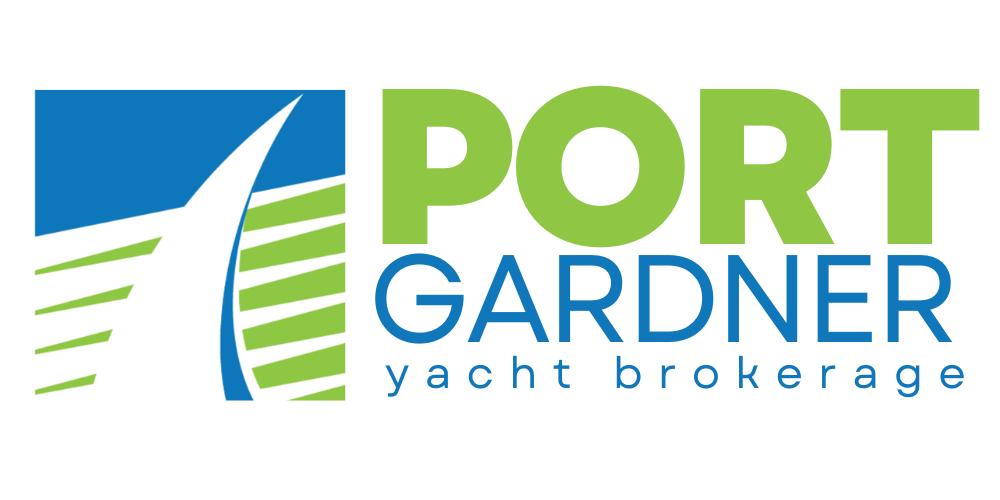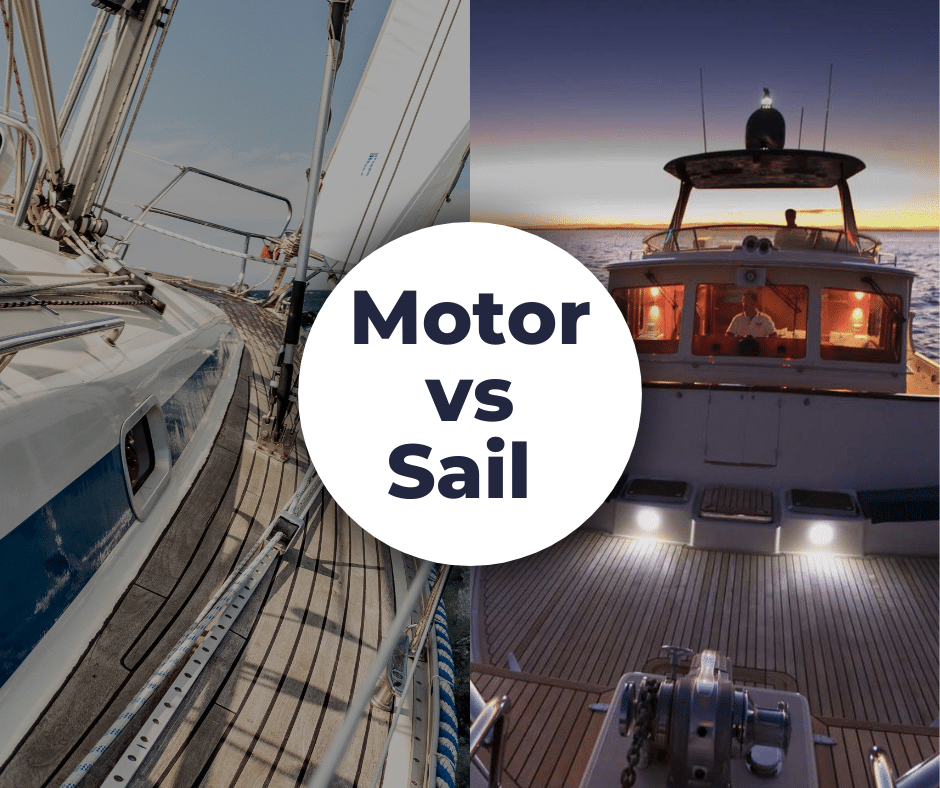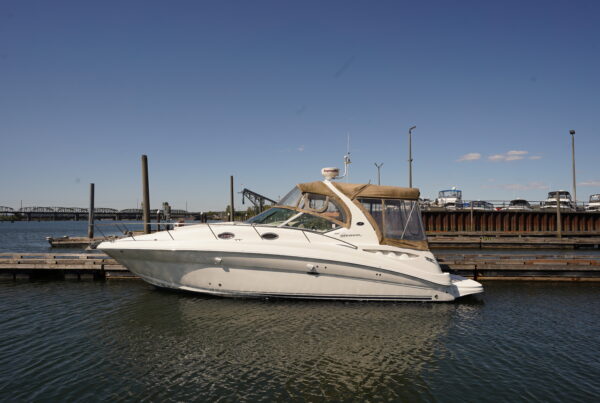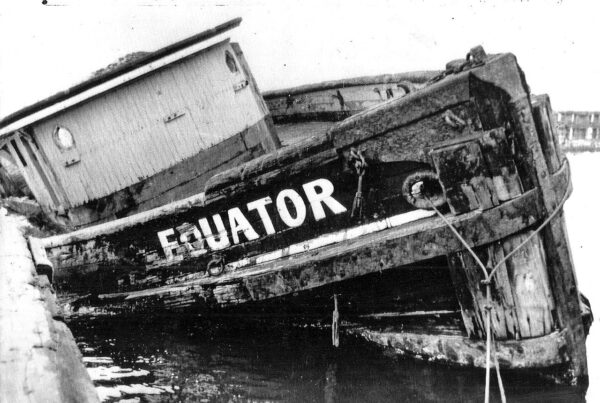I hear that you’re considering purchasing a boat and deciding on motor vs sail boats is the first step. Boating is a fantastic way to unwind, connect with nature, and embark on thrilling adventures. Since you’re new to the world of boats, I thought I’d share some information about the two primary power types: motorboats and sailboats. Understanding the differences and considering various factors will help you make an informed decision that aligns with your boating aspirations.
Motor vs Sail Boats – where do I start?
I hear that you’re considering purchasing a boat and deciding on motor vs sail boats is the first step. Boating is a fantastic way to unwind, connect with nature, and embark on thrilling adventures. Since you’re new to the world of boats, I thought I’d share some information about the two primary power types: motorboats and sailboats. Understanding the differences and considering various factors will help you make an informed decision that aligns with your boating aspirations.
Let’s start by exploring each power type:
Motorboats: Motorboats are propelled by an engine, typically an inboard or an outboard motor. These boats offer excellent speed, power, and maneuverability. They are ideal for those seeking a thrilling ride, enjoying water sports, or reaching their destinations swiftly. Motor boats come in various sizes and configurations, from small speedboats to luxurious yachts.
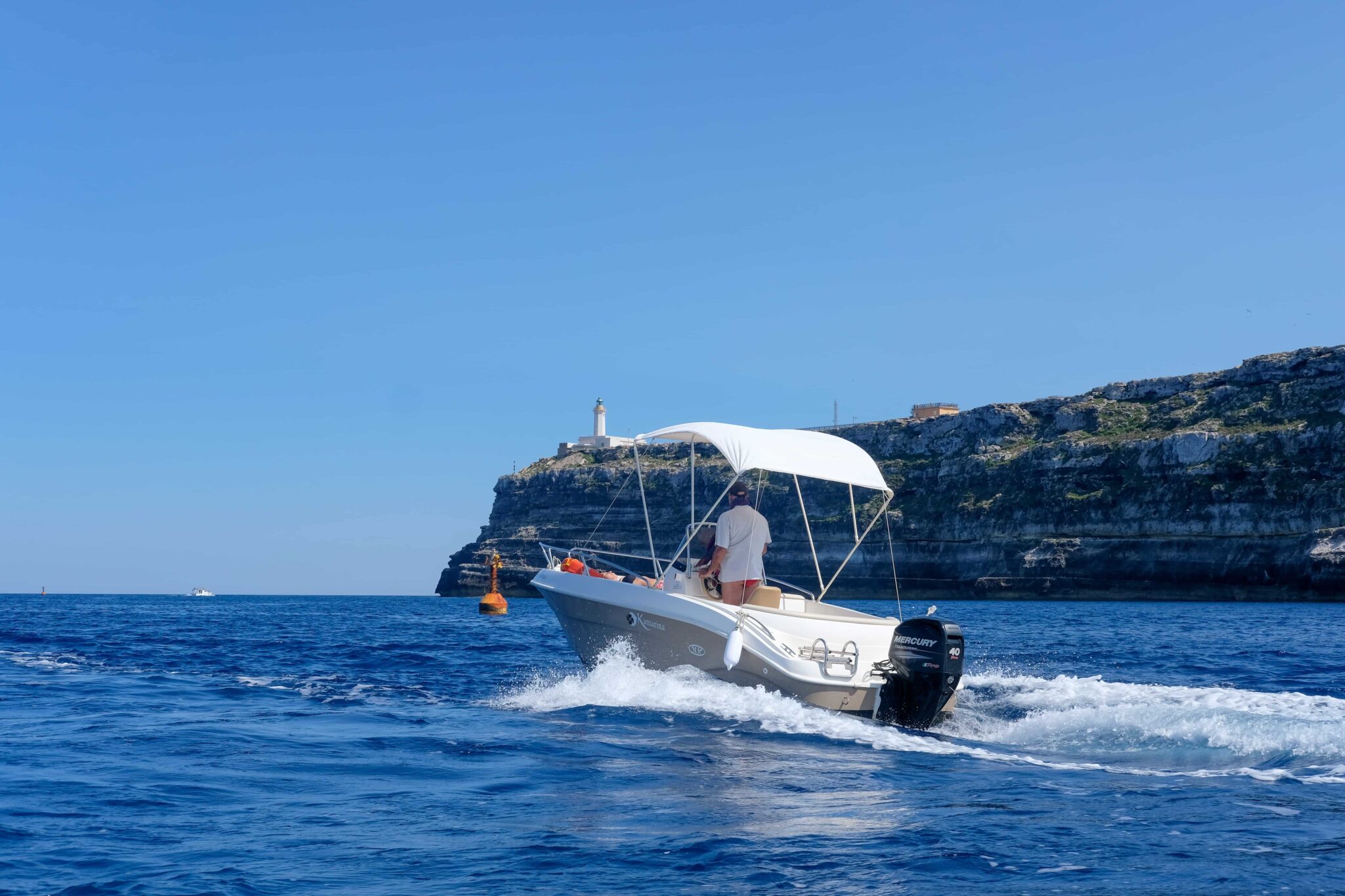
Sailboats: Sailboats, as the name suggests, rely on wind power to navigate through the water. The sails capture the wind, providing propulsion. Sailing is a unique and serene experience, allowing you to harness the forces of nature. Sailboats come in different types, including sloops, catamarans, and schooners, each offering distinct advantages and characteristics.
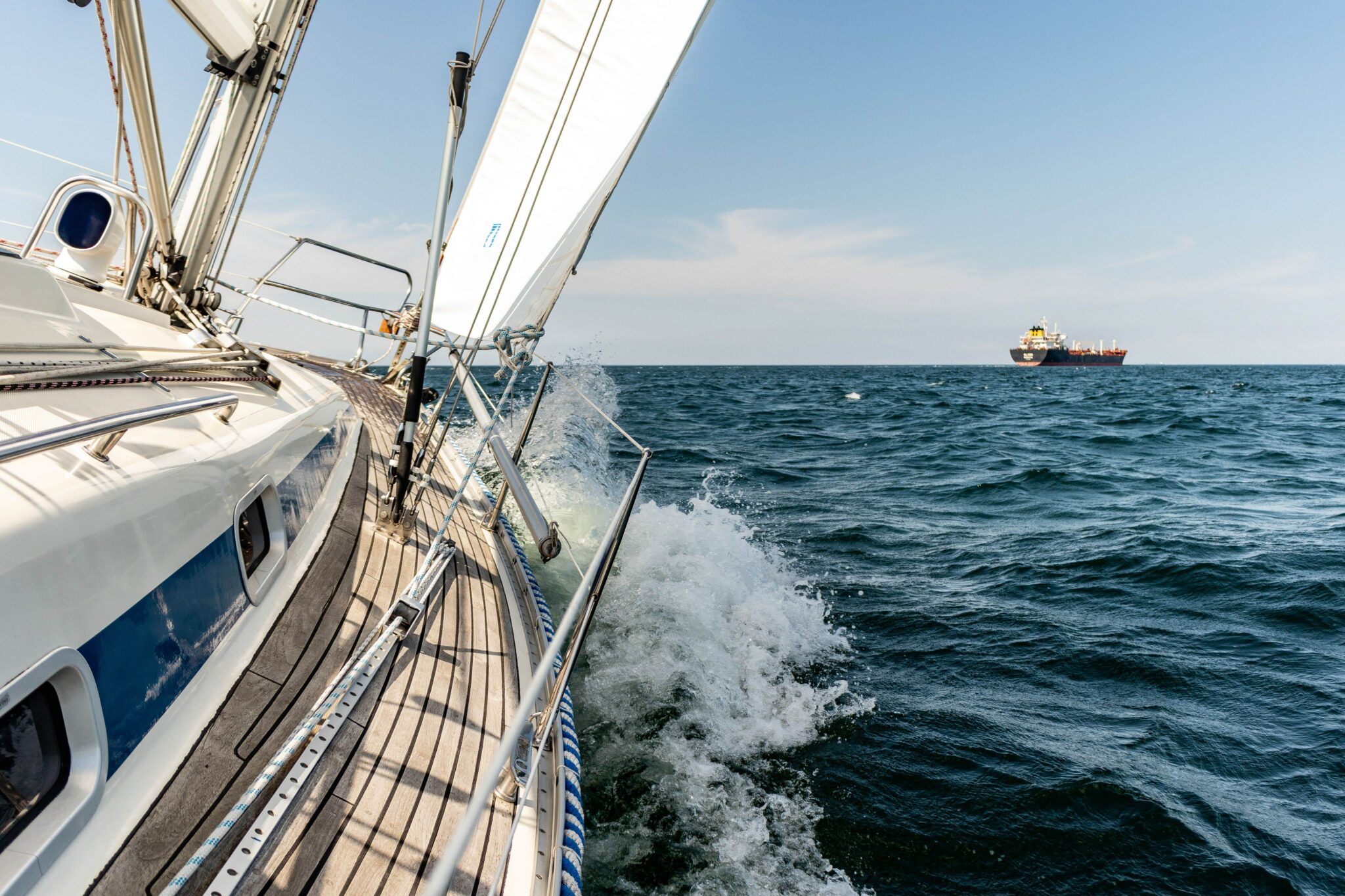
Now, let’s consider some essential factors when deciding between motor vs sail boats:
- Experience and Skill: Sailing a boat requires a certain level of knowledge and skill to handle the sails, read wind conditions, and navigate effectively. If you’re new to boating, motor boats may be a more straightforward option, as they rely on engines for propulsion. However, if you’re willing to invest time in learning to sail, the rewards can be truly fulfilling.
- Purpose and Activities: Consider your boating goals and the activities you envision. Motorboats are well-suited for water sports such as wakeboarding, waterskiing, and fishing. They provide quick access to destinations and are generally more convenient for day trips or longer journeys. On the other hand, sailboats offer a tranquil experience, allowing you to disconnect from the hustle and bustle of life and enjoy a leisurely cruise or engage in sailing races.
- Budget and Maintenance: It’s essential to evaluate your budget and ongoing maintenance costs. Motor boats tend to have higher initial purchase prices and require regular fueling and engine maintenance. Sailboats, while often costing less upfront, may require periodic sail replacement, rigging adjustments, and other maintenance tasks. Consider both the initial investment and long-term costs when making your decision.

Finally, let’s explore the pros and cons of each power type:
Motorboats:
- Pros:
- Greater speed and power, enabling you to reach destinations quickly.
- Ideal for water sports enthusiasts.
- Easier to handle and navigate, particularly for beginners.
- Excellent maneuverability, making them suitable for tight spaces or crowded areas.
- Cons:
- Higher fuel and maintenance costs.
- Limited reliance on engines, requiring a steady supply of fuel.
- Less eco-friendly due to fuel consumption and emissions.
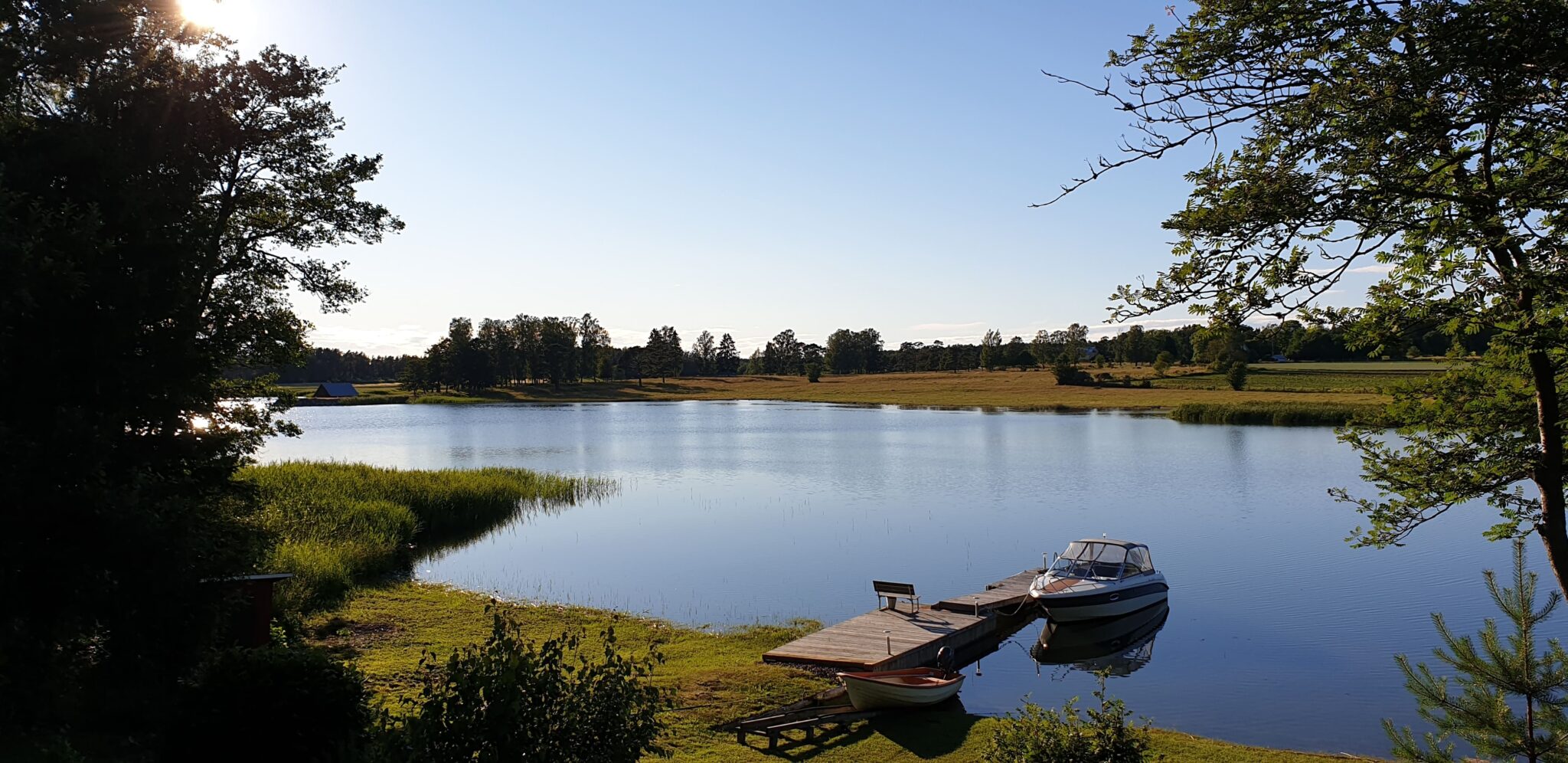
Sailboats:
- Pros:
- Serene and environmentally friendly, relying on wind power.
- Quieter and more peaceful, offering a connection with nature.
- Lower fuel costs and reduced dependency on engines.
- Potential for learning new skills and enjoying a rich sailing community.
- Cons:
- Requires learning sailing techniques and understanding wind patterns.
- Slower speeds compared to motor boats.
- Ongoing maintenance costs for sails, rigging, and other sailing-related components.

In conclusion, choosing between a motor or sailboat boils down to personal preference, your boating goals, and the experiences you seek. If you crave speed, convenience, and an array of water activities, a motorboat may be your ideal choice. Conversely, if you yearn for a quieter, eco-friendly journey that allows you to learn the art of sailing and embrace nature, a sailboat could be perfect for you.
Take the time to consider your budget, the time you’re willing to invest in learning, and the adventures you want to embark upon. It may also be helpful to try renting or borrowing boats of both types to get firsthand experience before making a final decision.
